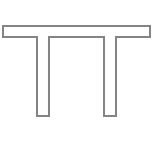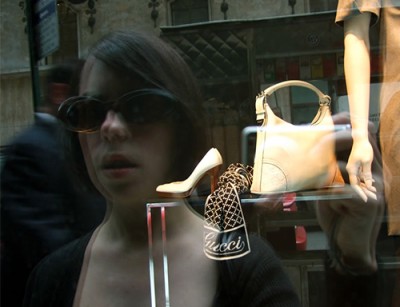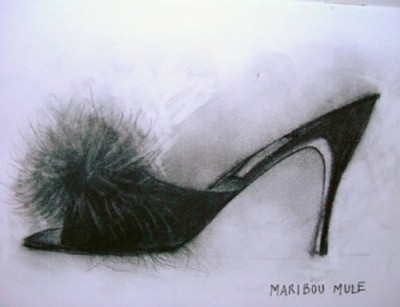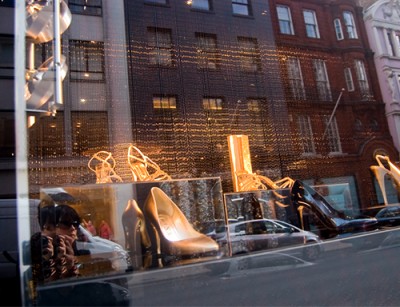Laura Gonzalez
Laura González is an artist, writer, yoga teacher and an Athenaeum Research Fellow at the Royal Conservatoire of Scotland. She is also faculty at Transart Institute. When she is not following Freud, Lacan and Marx’s footsteps with her camera, she teaches art and psychoanalysis at various institutions in Europe and the US. She creates intimate durational performances for galleries and festivals, including Unfix, Buzzcut, Glasgow Open House and Market Gallery, and, in 2019, her work was shortlisted for the Adrian Howells Award for Intimate Performance. She has been invited to speak at international symposia (MFIT in New York, CAA in Chicago, Medical Museion in Copenhagen). She has written on the seductive qualities of Philippe Stack’s Juicy Salif (Cambridge University Press, 2010). She has co-edited a collection of essays titled ‘Madness, Women and the Power of Art’ (Inter-disciplinary Press, 2013) to which she contributed a work, created with her long term collaborator Eleanor Bowen. She is the author of the monograph ‘Make Me Yours: How Art Seduces’ (Cambridge Scholars, 2016) and has recently published book chapters on inter-semiotic translation (2019) and on her maternal line (2020). Laura is an Ashtanga yoga and Pranayama teacher at various studios in Glasgow and she has performed with professional dance companies, including Michael Clark, Barrowland Ballet and Scottish Dance Theatre. Between 2015 and 2018, together with dance artist Penny Chivas, she co-directed @TheGlasgowJam, a multidisciplinary arts organisation focused on improvisation. Her work inhabits the space between medical humanities, psychoanalysis, performance and Eastern thought, investigating knowledge production and the body of the hysteric through text, voice, dance and image. She is currently translating Freud’s case histories into performance and she is also exploring the performative potential of a breath practice.
Practice includes:
interdisciplinary practice: performance, writing, painting, photography, installation, video, dance
Related research & practice areas:
docufiction and creative writing;
expanded studio practices;
foreignness, otherness
language and image;
liminal states, interstices, spacetime
memory, forgetting, trauma and the archive;
movement, dance, choreography;
publishing as an art practice;
walking as an art practice;



